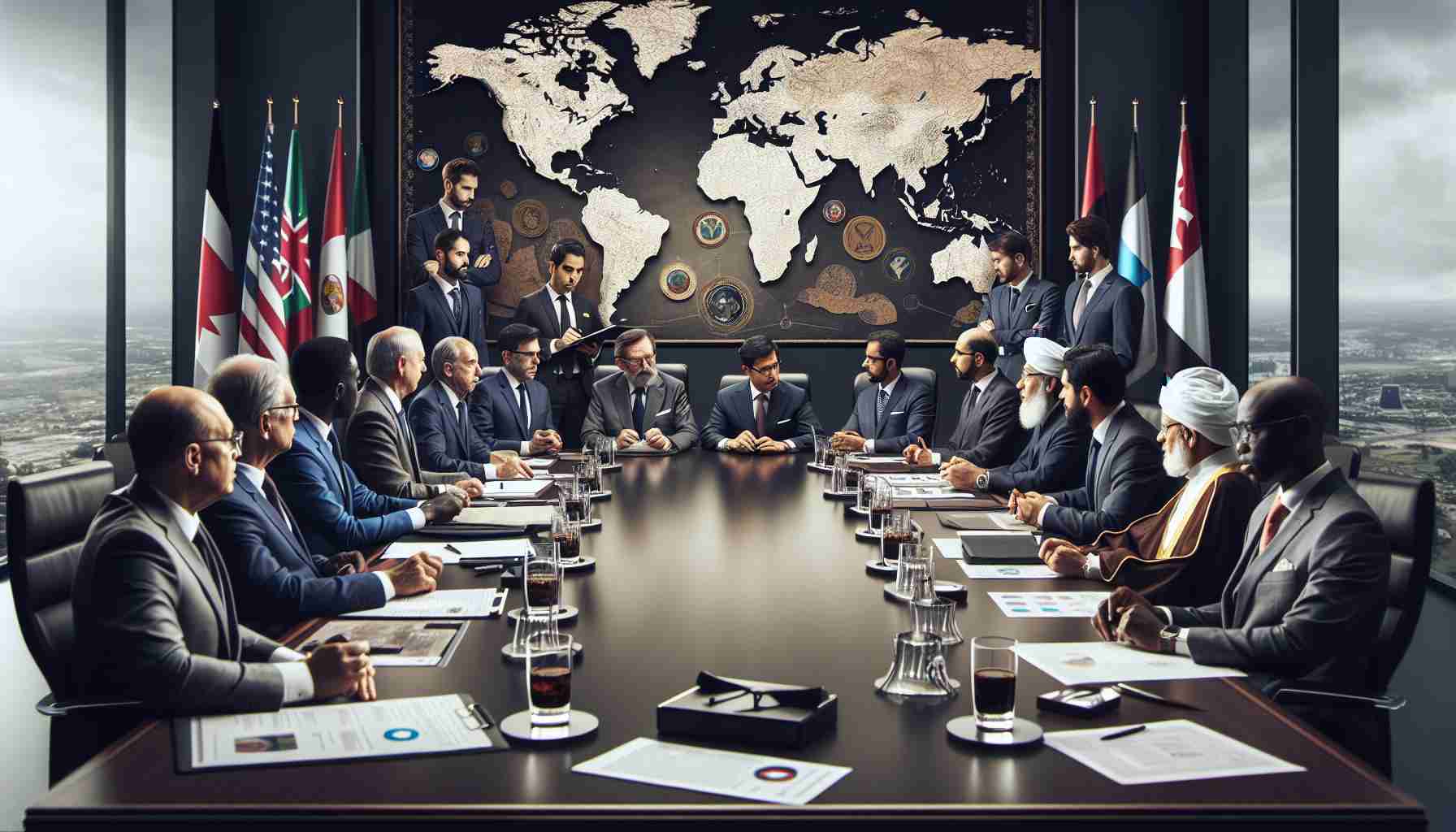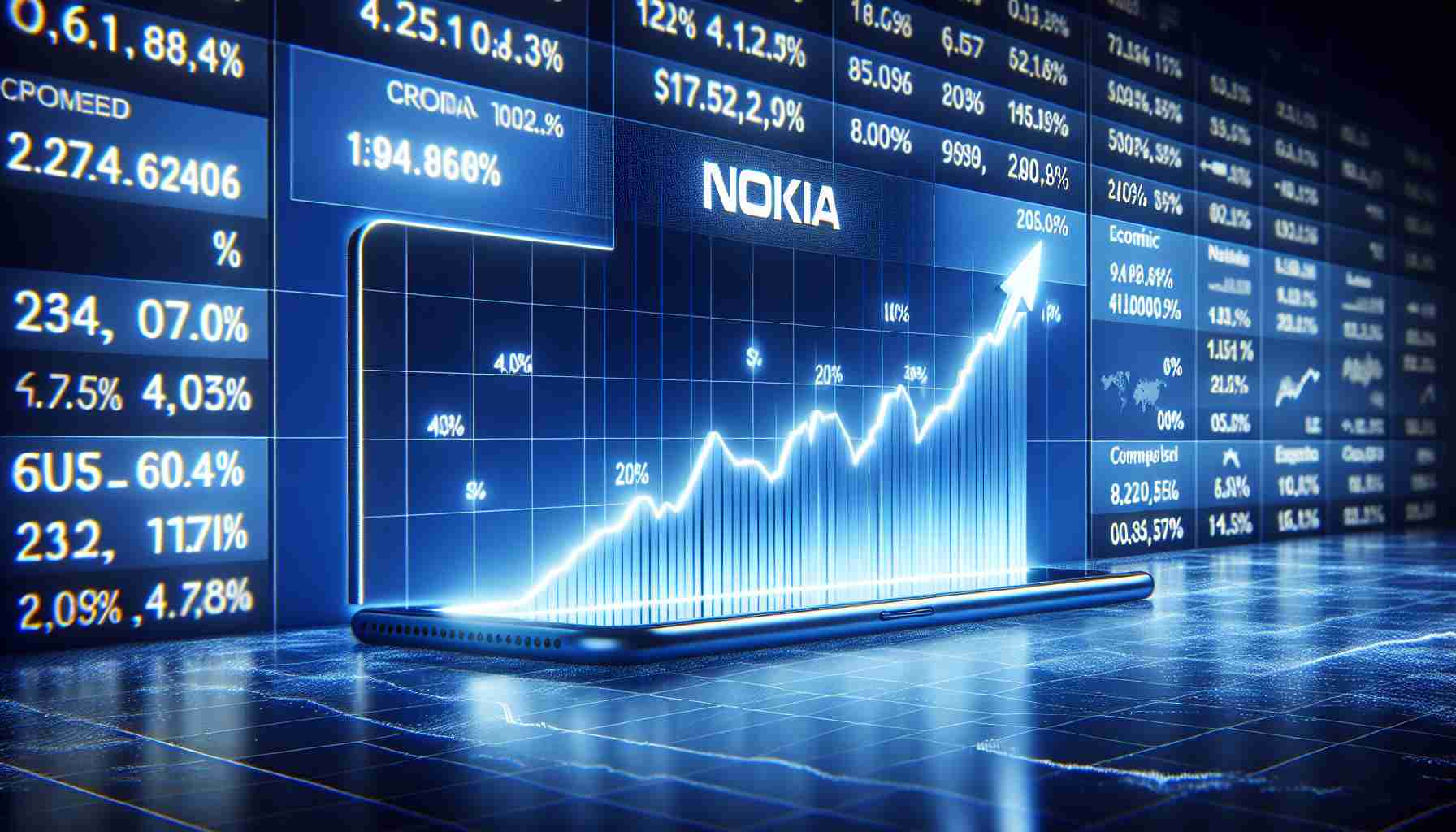Political leaders clash as tensions escalate over unauthorized foreign visits. The recent diplomatic row between Hungary and the European Union highlights deep divisions over international relations strategies. Hungarian Prime Minister Viktor Orbán’s visits to leaders such as Vladimir Putin, Xi Jinping, and Donald Trump have sparked controversy, with EU Council President Charles Michel rebuking Orbán for overstepping his mandate.
Orbán’s actions provoke strong response from EU leadership. Michel emphasized that Orbán lacked authorization to negotiate on behalf of the EU, particularly in matters related to the crisis in Ukraine. The EU has reiterated its unwavering support for Ukraine, condemning Russia as the aggressor.
Calls for firm action against Hungary grow. While some advocate for symbolic gestures, others demand more substantial measures in response to Hungary’s diplomatic maneuvers. A group of MEPs has urged for Orbán’s voting rights within the EU to be revoked, citing concerns over his disregard for EU unity on foreign policy.
Varied responses within the EU. Austria has expressed reluctance to support a full boycott of Hungary, while concerns persist regarding the impact of sanctions on the Hungarian presidency of the EU Council. The upcoming European Parliament resolution on Ukraine is expected to be contentious, reflecting the broader discord on how to address Orbán’s actions.
Uncertainty looms over Orbán’s future interactions with the EU. Orbán’s scheduled appearance before the European Parliament raises questions about the reception he will face amidst growing tensions. The standoff underscores the challenges of maintaining unity within the EU amid diverging foreign policy approaches.
Tensions Flare as Global Leaders Navigate Complex Foreign Relations Landscape
Amidst the ongoing clash between political leaders over unauthorized foreign visits, new layers of complexity have emerged in the realm of international relations. As the diplomatic stand-off continues between Hungarian Prime Minister Viktor Orbán and the European Union, key questions have surfaced, bringing to light the challenges and controversies surrounding the topic.
Key Questions:
1. What are the implications of Orbán’s unauthorized visits to leaders like Putin, Xi, and Trump?
While Orbán’s outreach may serve Hungary’s strategic interests, it raises concerns about his deviation from EU foreign policy directives. The repercussions of these visits on regional stability and EU unity remain pressing issues.
2. How should the EU respond to Orbán’s actions?
The debate over whether to issue symbolic gestures or impose substantial sanctions on Hungary underscores the dilemma facing EU members. Finding a balance between sending a firm message and maintaining diplomatic relations poses a significant challenge.
3. What impact do Orbán’s interactions have on EU’s stance towards Ukraine?
Orbán’s engagements with leaders perceived as adversarial to EU interests complicate the union’s unified stance on pressing issues such as the crisis in Ukraine. Resolving this discord is crucial for projecting a cohesive EU foreign policy front.
Advantages and Disadvantages:
On one hand, Orbán’s independent foreign engagements may open new avenues for bilateral cooperation and trade partnerships outside the EU. However, such actions risk undermining the EU’s collective diplomacy efforts and could strain relations with key allies.
Moreover, the EU’s response to Orbán’s actions poses both advantages and disadvantages. While taking a decisive stance can reinforce the union’s commitment to shared values and norms, it also runs the risk of exacerbating tensions within the EU, leading to potential internal rifts.
As the situation unfolds, navigating the delicate balance between asserting authority and preserving diplomatic channels will be critical in addressing the broader implications of the clash between leaders on foreign visits.
For more insights into the evolving dynamics of international relations and diplomatic confrontations, visit Foreign Affairs.

















